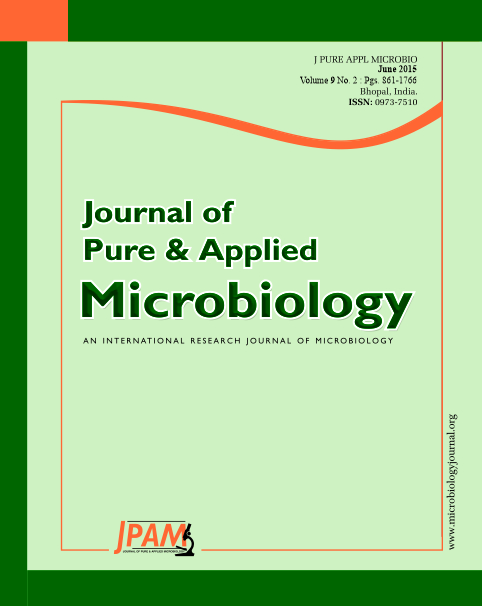Protease Inhibitors in legumes are one of the most promising weapons that confer resistance against insects by inhibiting proteases present in the gut of larvae. In this study, the Protease Inhibitor (PI) protein was isolated from defatted meal of four varieties of pigeonpea and the crude extract was precipitated using ammonium sulphate precipitation. It was found that the ammonium sulphate fraction 40-80% of the variety Pusa-33 has higher PI activity and was further purified using ion-exchange chromatography and gel-filtration. The purified Pigeonpea Protease Inhibitor (PPI) proteins form Pusa-33 showed a single band on SDS-PAGE corresponding to molecular mass of 26,000 D and molecular weight of PPI was also confirmed as 26 kD by gel filtration chromatography. The toxicity of PPI protein was evaluated by incorporation in to semi synthetic diet at three levels of treatments and the larvae of pod borer Helicoverpa armigera were fed on these diets. It was found that the PPI protein reduced the mean larval weight at molting due to partial starvation. Feeding trial revealed the larvae mortality up to 46%and extension of larval period by 12 days. The PPI protein also affected the molting and pupal weight significantly. Mean fecal output by the larval fed on PPI protein diet was significantly low as compared to control. It may be concluded from the study that pigeonpea protease inhibitor protein has insecticidal potential against the Helicoverpa armigera and could be used for insect control.
Pigeonpea, Protease Inhibitor Protein, Ion exchange chromatography, pod borer and Helicoverpa armigera
© The Author(s) 2015. Open Access. This article is distributed under the terms of the Creative Commons Attribution 4.0 International License which permits unrestricted use, sharing, distribution, and reproduction in any medium, provided you give appropriate credit to the original author(s) and the source, provide a link to the Creative Commons license, and indicate if changes were made.


